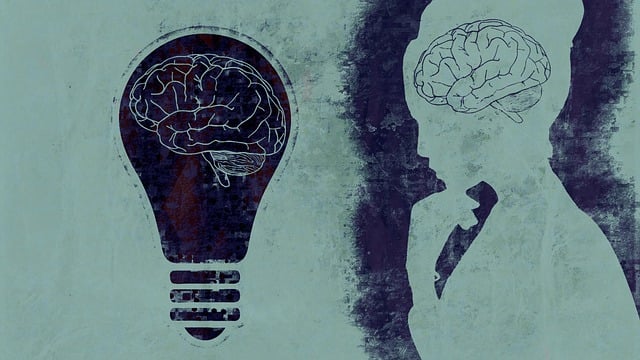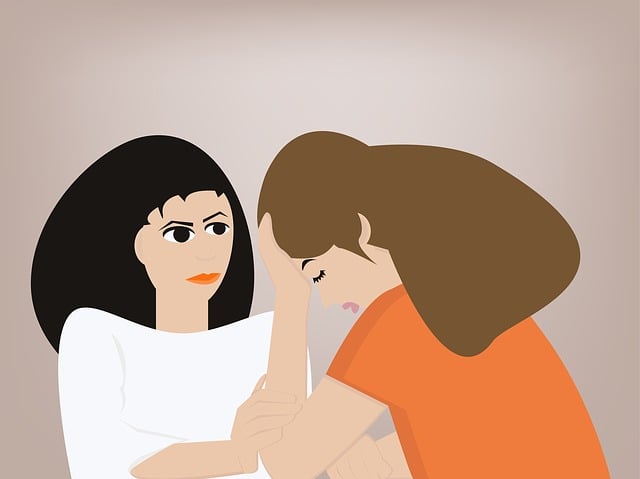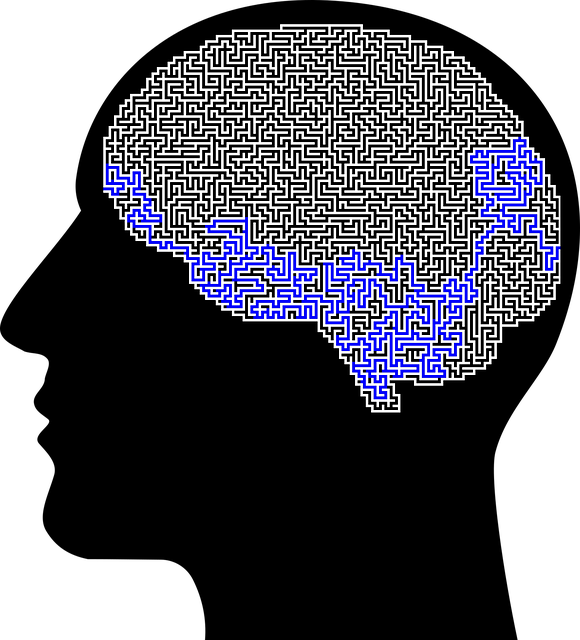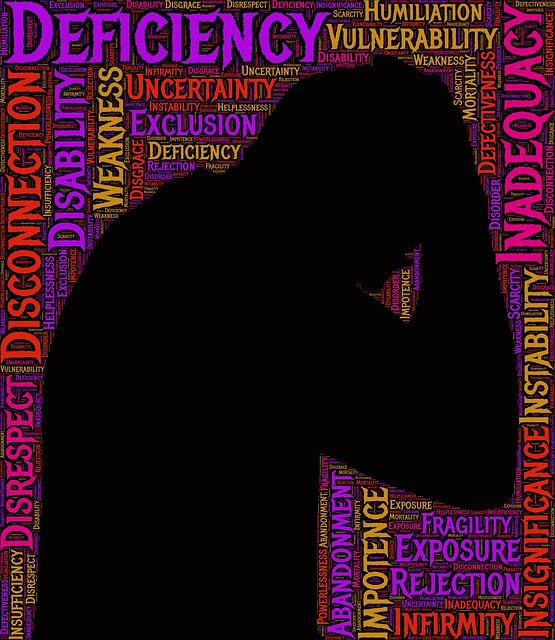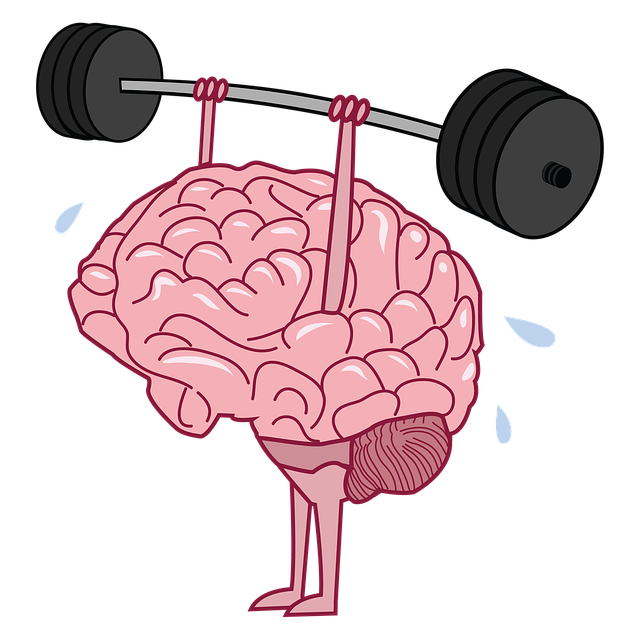Aurora Grief Counseling Therapy emphasizes cultural sensitivity as a key component of effective mental health care in diverse communities. Therapists must understand their clients' unique cultural backgrounds, which shape their grief experiences and communication preferences. By integrating community outreach programs, specialized training (like Social Skills Training), and culturally responsive practices, therapists create inclusive environments that reduce burnout and promote personalized healing tailored to each client's identity and experience.
In the diverse landscape of mental healthcare, cultural sensitivity is paramount. The article explores how professionals can navigate the intricate web of cultural diversity in mental health care, addressing challenges and barriers that hinder effective treatment. We delve into specific strategies for integrating cultural sensitivity in practices like Aurora Grief Counseling Therapy, emphasizing inclusive approaches to foster trust, understanding, and positive outcomes for all clients.
- Understanding Cultural Diversity in Mental Health Care
- Challenges and Barriers to Culturally Sensitive Practice
- Strategies for Integrating Cultural Sensitivity in Aurora Grief Counseling Therapy
Understanding Cultural Diversity in Mental Health Care

In the realm of mental healthcare, recognizing and embracing cultural diversity is no longer a consideration but a necessity. With communities becoming increasingly diverse, it’s crucial for therapists and counselors to understand that every client enters their practice with a unique cultural background, experiences, and perspectives. This understanding is pivotal in providing effective Aurora Grief Counseling Therapy, as it allows practitioners to tailor their approach, ensuring the highest level of emotional well-being promotion techniques for all individuals.
Cultural sensitivity involves going beyond surface-level awareness and delving into the intricate web of beliefs, values, and traditions that shape a person’s mental health journey. It means being equipped to navigate the complex landscape of different cultural norms, especially when addressing sensitive topics like grief. By integrating community outreach program implementations, therapists can foster environments where clients feel seen, heard, and respected, thereby reducing the risk of burnout prevention among both practitioners and participants.
Challenges and Barriers to Culturally Sensitive Practice

In the diverse tapestry of modern society, mental healthcare practices must navigate a complex landscape to provide culturally sensitive care. Challenges arise from the vast array of cultural backgrounds and beliefs that patients bring into the therapeutic setting. For instance, different cultures may hold unique views on mental health, illness, and healing, which can significantly influence a patient’s expectations and preferences for treatment. These cultural differences often pose barriers to effective communication, as symbols, gestures, and even language might carry distinct meanings across communities.
Moreover, structural and systemic factors contribute to the complexities. Limited access to culturally competent professionals, especially in underserved areas, hinders patients from receiving tailored care. Biases and stereotypes within the healthcare system can inadvertently affect the quality of services, making it crucial for practices like Aurora Grief Counseling Therapy to prioritize continuous training and education. Incorporating specialized programs, such as Social Skills Training and Trauma Support Services, ensures that therapists are equipped to address the nuanced needs of diverse patient populations, fostering a more inclusive and effective therapeutic environment.
Strategies for Integrating Cultural Sensitivity in Aurora Grief Counseling Therapy

Integrating cultural sensitivity into Aurora Grief Counseling Therapy involves a multifaceted approach that goes beyond basic training. It requires therapists to actively listen and adapt their practices to respect and understand clients’ diverse backgrounds, beliefs, and traditions. By incorporating social skills training, mood management techniques tailored to cultural contexts, and enhancing communication strategies through culturally responsive language, therapists can create a safe, supportive environment for all individuals seeking counseling.
This process involves continuous learning about different cultural practices, values, and challenges, enabling therapists to offer more personalized care. It’s not just about checking boxes but genuinely connecting with clients on their terms, fostering trust, and promoting healing in ways that resonate deeply with each person’s unique identity and experience.
Cultural sensitivity is a cornerstone of effective mental healthcare, and integrating this approach in practices like Aurora Grief Counseling Therapy can significantly improve patient outcomes. By recognizing and understanding cultural diversity, therapists can overcome barriers and challenges to provide tailored care. This not only enhances the therapeutic process but also fosters trust and builds stronger connections between caregivers and clients from diverse backgrounds. Embracing cultural sensitivity is a vital step towards creating an inclusive healthcare system that respects and embraces every individual’s unique journey.





